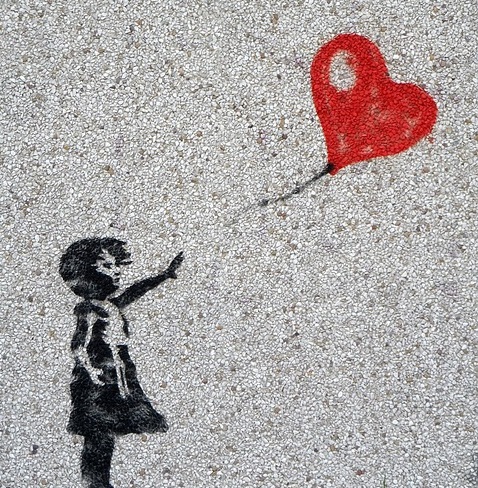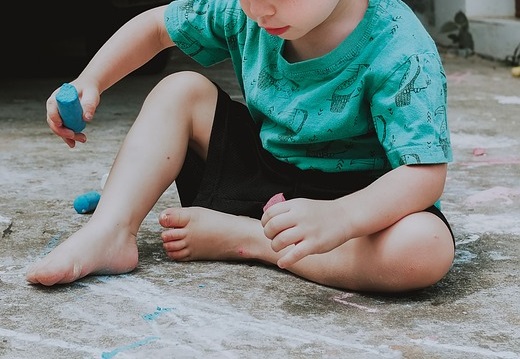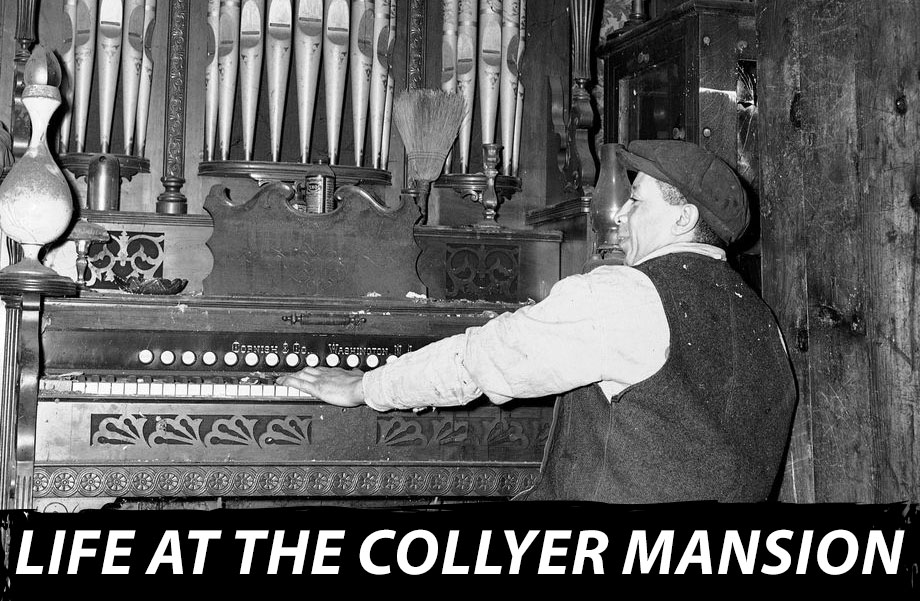
Ways We Can Help Stop Veteran Suicide
June 8, 2023
My Child Lost a Parent: What Can Be Done?
August 21, 2023Children are considered one of life’s most precious forms. They are considered gifts to society in a number of ways. They are not only the future, the next generation of our society: they are also developing personalities that need love, guidance, and nurturing. The expectation to provide them emotional, physical, and mental wellbeing and protection is strong–for parents and society as well. That’s part of why many feel a sense of bewilderment and sensitivity with situations involving child suicide. Thus, it’s important to stay connected with them to identify their needs and give them the environment required to thrive.
The challenge is always being able to tell when they need something. More often than not you’re left to guess what a child is really thinking, or what you need to do to continue to help facilitate their positive growth. And when your child (or any child for that matter) is talking about death, when is it considered normal? Death is a heavy topic matter, to say the least, so what’s the acceptable (moral) way of speaking with the child about it?
A good baseline is to consider the context of the situation, and how often the child speaks about death. Does the child talk or ask about it frequently? Are they asking about the death of a loved one or relative? Or are they just trying to grasp the concept?
We’ll explore each of these very normal concerns and the best advice for each one.
What to Do With Frequent Discussions About Death
Speaking often about death may raise hairs, and for good reason. You may even wonder if it’s your adult mind overly concerned or influenced, and for good reason. An obsession with death can be a hallmark warning sign to suicide.
The best thing you can do in any situation is to listen openly and do not dismiss the conversation. You are within your right to closely look after or monitor your child, especially if you’re concerned they may be having other issues with depression. However, depression is not always the issue. Other reasons why they may be obsessing over the topic include:
- TV Shows
- Music
- Anxiety (may also stem from media exposure)
- Curiosity: we’ve all wondered what happens after death at least once, and for kids especially there’s a tendency to obsess over the deeper not easily explained topics
Although your children may not, it’s important not to rule out symptoms that are the result of behavioral disorders such as autism. No matter what the situation may be, autism or not, it’s extremely important not to shame or make kids feel guilty for their curiosity.
How to Talk About Death With a Child
You may seem like you have to speak differently than you would others with a child. In reality, you should speak with the same sensitivity and honesty you would as anyone else. The only difference you should be aware of is to maintain simple and clear language. Be mindful of their age and leave open a lot of room for reassurance and clarity. Speak warmly, paying special mind to make them feel secure and cared for throughout.
Some of the phrases others have used to gently probe the subject in the past:
- “Death is the opposite of life: it’s like the person goes to sleep without waking up.”
- “Death is a part of life, and because it is the end of someone’s life, it can be a very sad and difficult time for people.”
- “Someone who is dead can’t come back to life.”
Never feel like you should shield them from these deep topics. Consider letting them attend memorial services or make mementos or cards.
Please see below for additional resources and considerations on this subject:
Stanford Medicine: A Child’s Concept of Death
Stanford Medicine: Discussing Death with Children
Unicef: How to Talk About Death With A Child
CDC: Children Health & Death Statistics
For families coping with traumatic loss, suicide-related cleanup services are essential in managing the physical aftermath.




